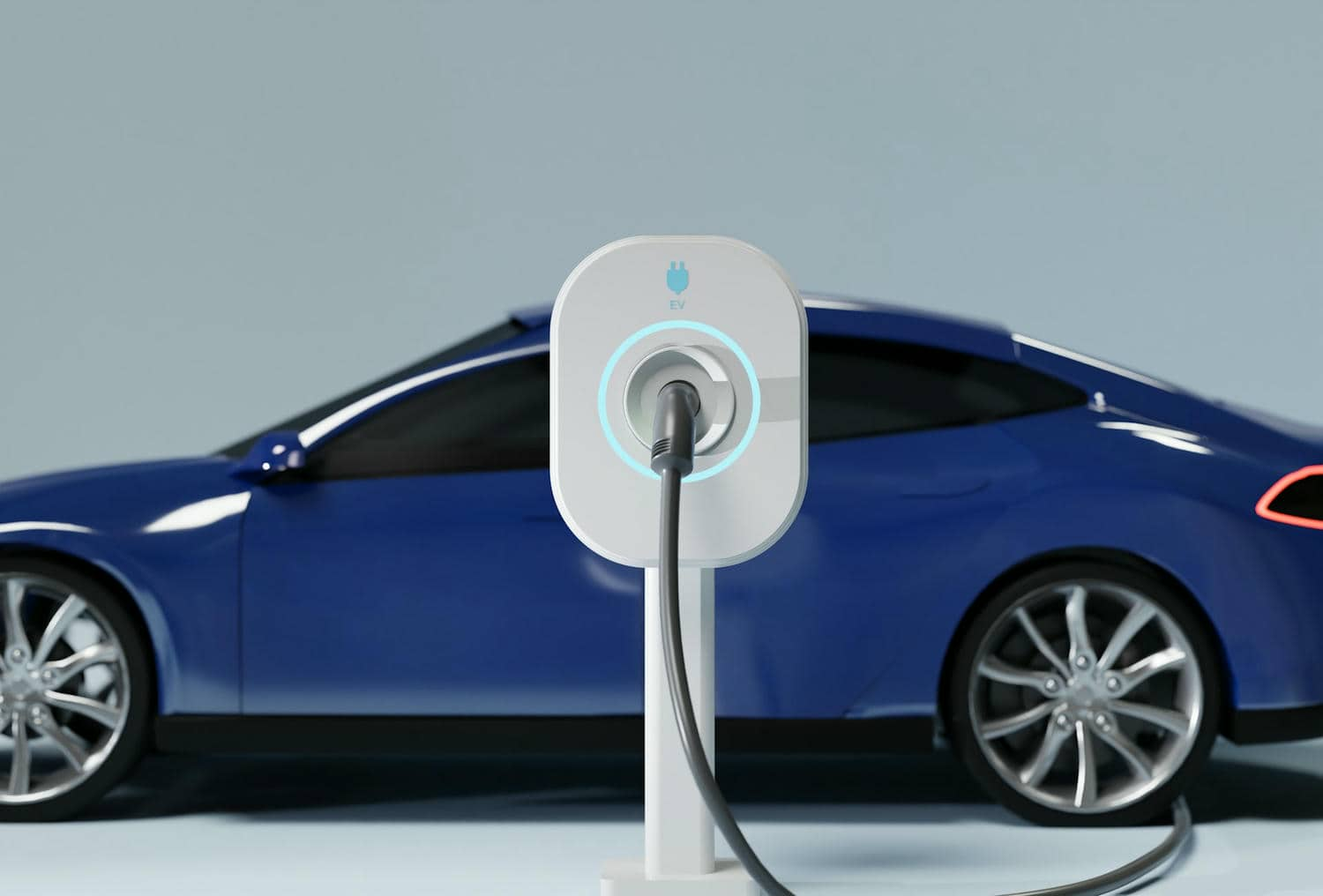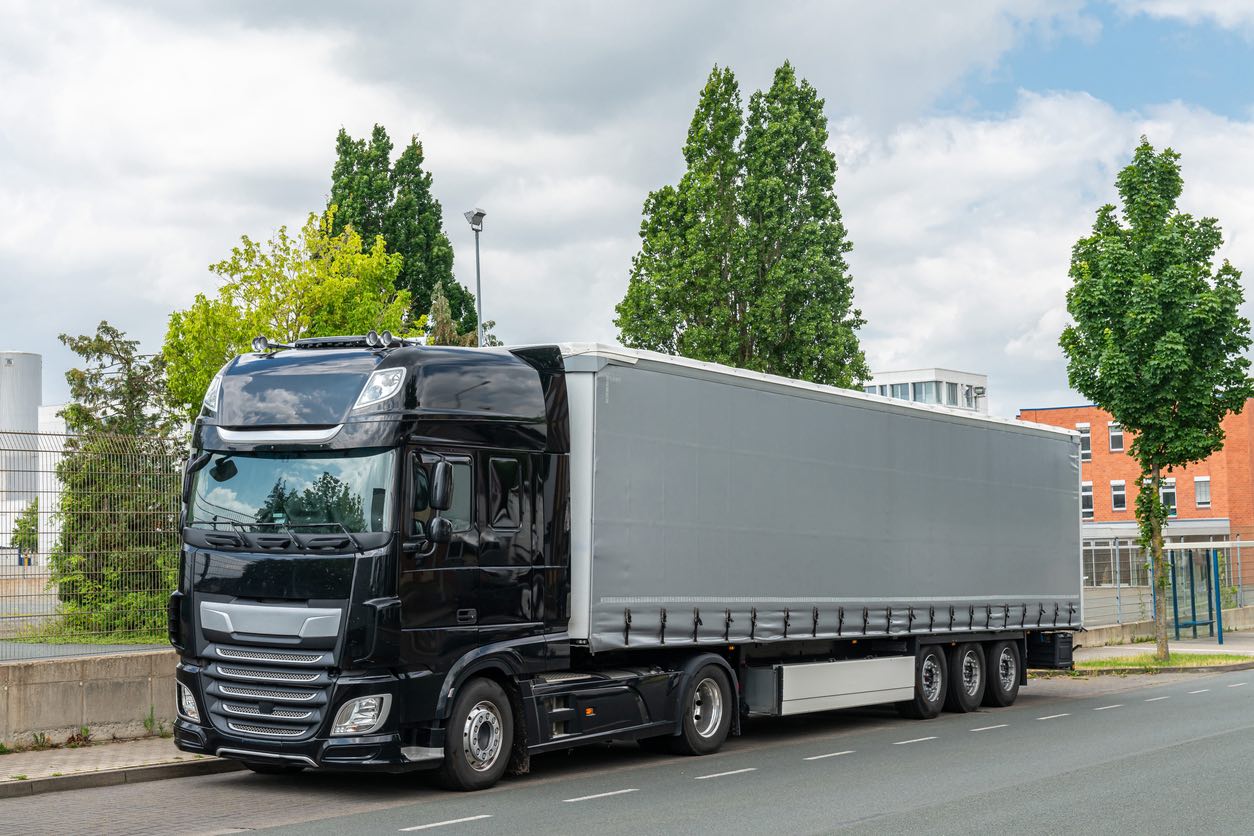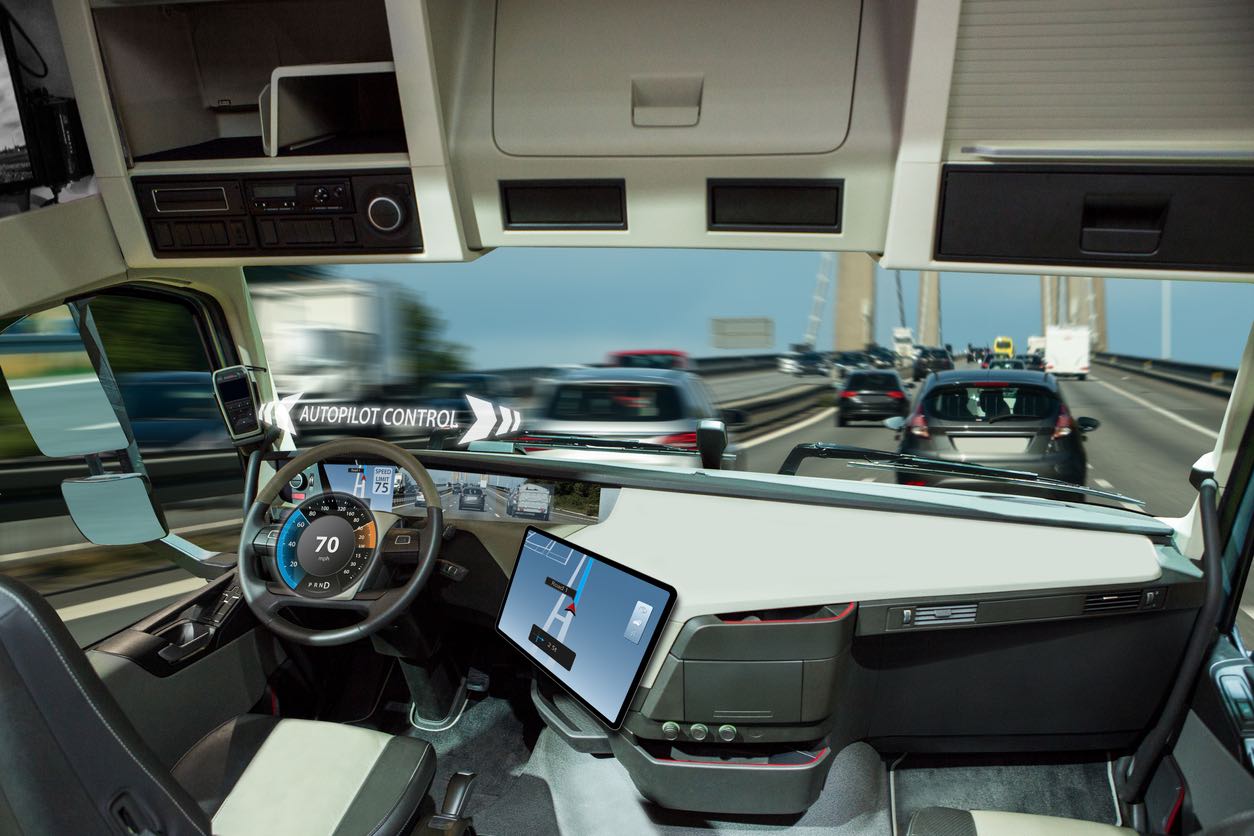The Rise of Electric Pickups
We are now living in the electric vehicle (EV) pickup truck age. The automobile industry’s environment is drastically changing as a result of an increase in the number of EV pickup trucks that are coming into the marketplace. The usefulness of these EV trucks in carrying out particular activities, including hauling and towing, for which internal combustion engine (ICE) trucks have usually been the go to, remains a critical unanswered topic, though.

The Weighty Issue of Hauling and Towing
EV trucks appear to offer viable options for carrying and towing in short-range applications. Long-range usage, unfortunately, makes the problem become more complex. EV trucks have several challenges due to the basic physics of hauling and towing, which involve aerodynamics and the simple reality that heavier objects require more power to move, especially at much higher speeds.
AAA’s Testing of the Ford F-150 Lightning
Recent testing by the American Automobile Association (AAA) concentrated on hauling with a 2022 Ford F-150 Lightning. In some ways, the outcomes were anticipated. The Lightning’s range decreased from 278 miles to 210 miles, a fall of 24.5%, after it was loaded with 1,400 pounds of sandbags, only 110 pounds short of its full capacity.

The Trade-off between Load and Range
For potential users of EV trucks, the AAA test results indicate a substantial compromise. Despite the fact that the range was significantly reduced, it is crucial to remember that the Lightning was nearly filled to capacity. The majority of consumers will probably use their Lightning with a reduced load, which will result in a far smaller range drop. This might be an important concern for those who want to use their electric vehicles for towing and heavy carrying, though.
The Road Ahead for EV Pickups
According to the findings of these experiments in themselves, even though EV pickups might not be the best option for all applications, they might nonetheless successfully service a sizeable section of the market. We may anticipate increases in range and hauling capacity as advances in technology occur. To choose between an EV and an ICE truck, potential purchasers must, for the time being, thoroughly analyze their unique demands and usage environments.

The arrival of EV trucks provides enthusiasm and real-life obstacles as the automotive industry faces the era of electric cars (EVs). With their eco-friendly and effective design, these trucks have tremendous promise in handling short-range carrying and towing requirements. However, the limited driving radius of EV trucks is a significant issue for long-range applications, particularly with big heavy haul loads. While future technological developments are expected to boost their capabilities, prospective purchasers must carefully assess their unique demands and take into account the existing limits of EV vehicles in order to make an educated choice. Individuals and companies may navigate the world of electric trucking with clarity and confidence by being aware of how it is changing and by keeping up with recent advances in this area.
- What is the impact of heavy loads on the range of EV trucks? Heavy loads significantly reduce the range of EV trucks. For instance, when the Ford F-150 Lightning was loaded with 1,400 pounds of sandbags, its range dropped by 24.5%.
- Are EV trucks suitable for long-range hauling and towing? Current EV trucks face challenges with long-range hauling and towing due to the increased power required to move heavier weights at higher speeds. This results in a significant reduction in range.

The introduction of EV trucks offers enthusiasm and practical difficulties as the automotive industry faces the age of electric cars (EVs). These trucks show a lot of potential for addressing short-range transportation and towing requirements because to their ecologically friendly and effective design. However, when it comes to long-range applications, especially with big haul loads, the short driving range of EV trucks becomes a serious worry. Although future technological developments are anticipated to increase their capabilities, potential customers must carefully evaluate their particular requirements and take into account the existing limits of EV cars in order to make educated judgments.
At Ship A Car, Inc., we are aware of how the world of electric trucking is changing and how critical it is to keep up with the most recent advancements in this area. We are dedicated to provide individuals and businesses navigating the world of EV trucks unmatched service and knowledge as one of the top freight transport brokers in the US. We can support you in navigating these challenges and reaching results that are in line with your unique needs thanks to our extensive knowledge and expertise.
You can count on excellent customer service, dependable transportation options, and a commitment to ensuring your satisfaction when you pick Ship A Car, Inc. With a comprehensive range of services catered to suit the needs of EV truck transportation and beyond, we have established a reputation as the go-to vehicle transport business in the US. Our team of experts is here to help you through the entire process, answer questions or concerns, and make sure everything goes smoothly and without any unnecessary stress.
You are able to depend on Ship A Car to manage your transportation needs with the highest care and effectiveness, whether you’re transporting an EV truck or any other vehicle. To find out why we are the top option for vehicle shipping in the US, visit the rest of our website or get in touch with us right now at (866) 821-4555.




